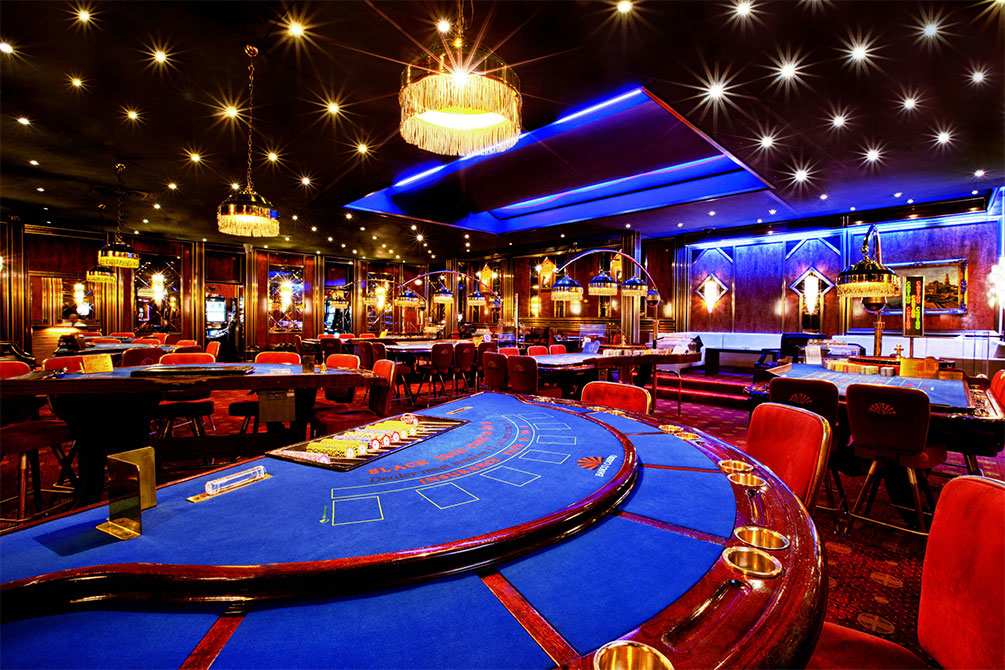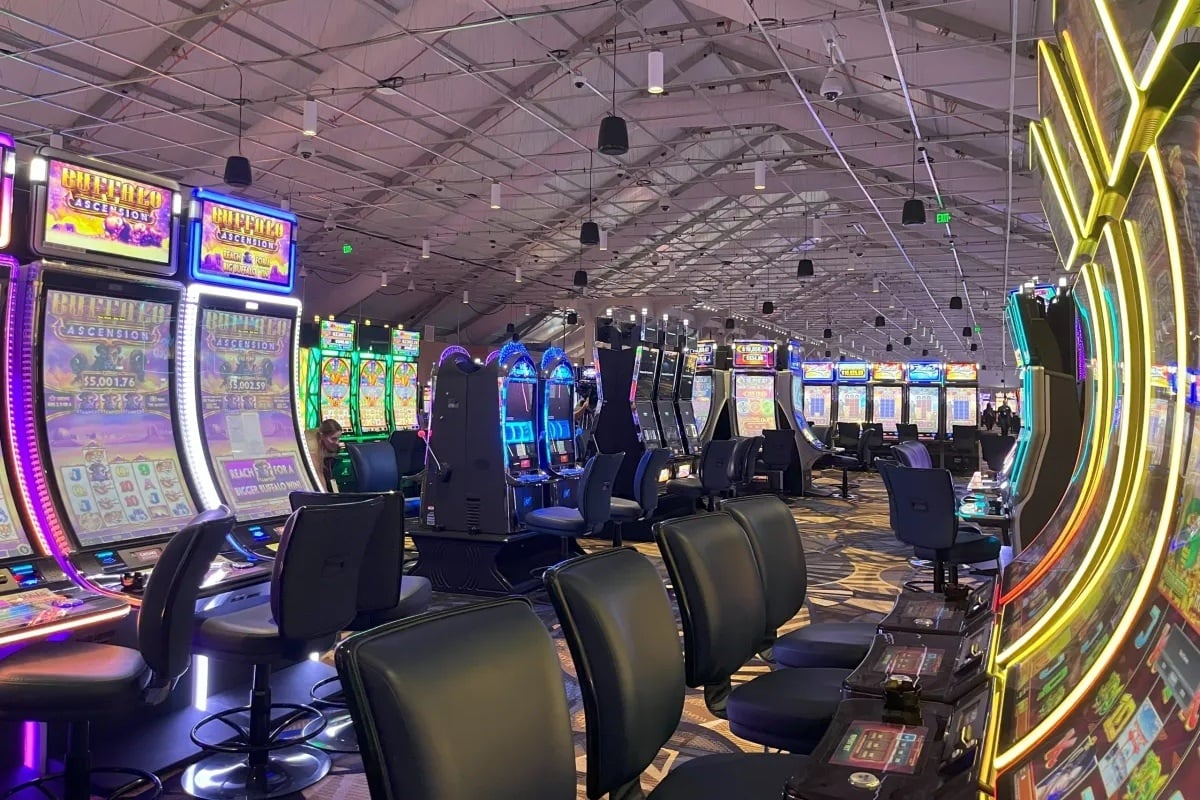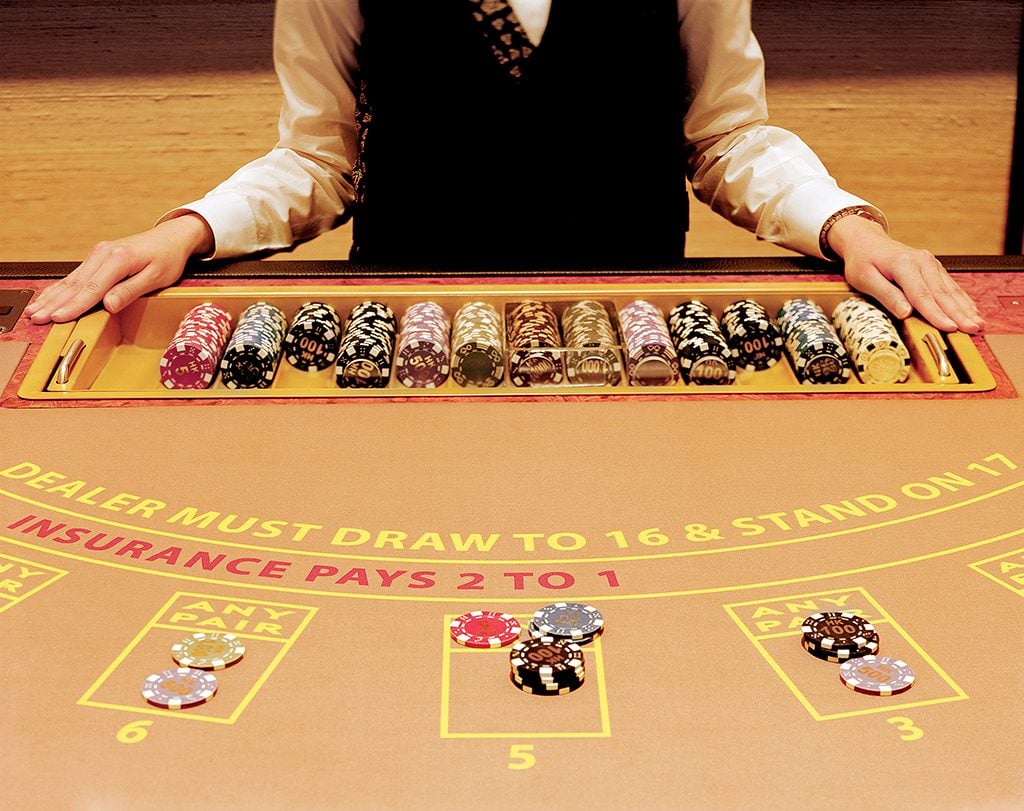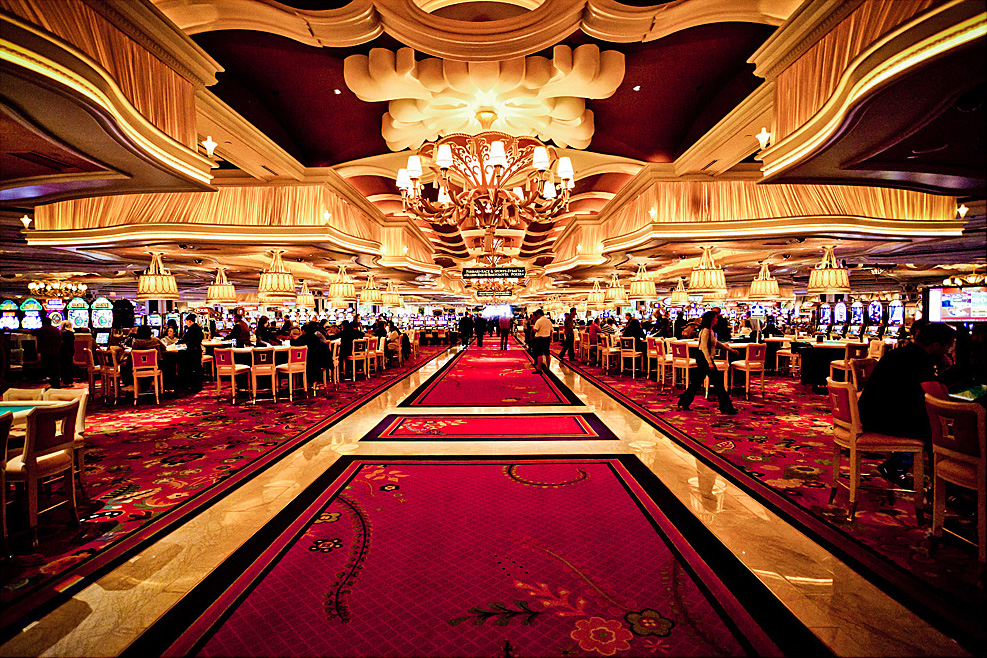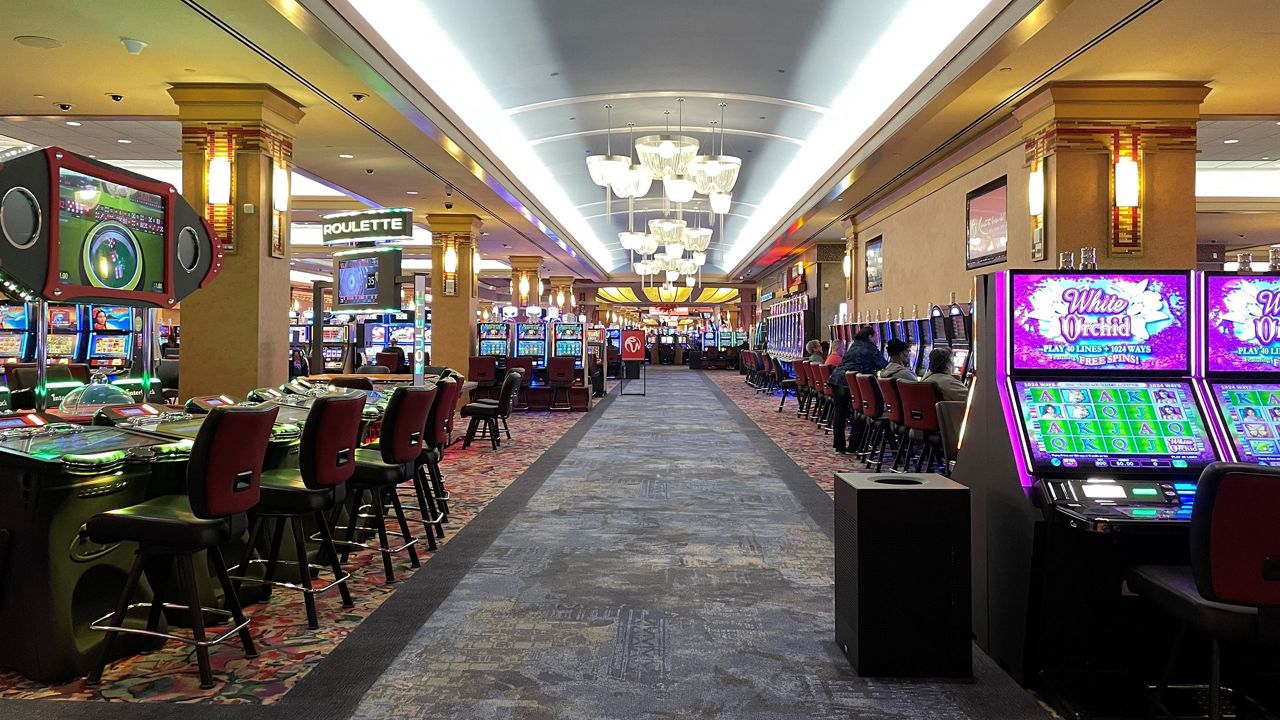In the ever-evolving landscape of online football streaming, fans are spoilt for choice with countless platforms promising high-quality coverage. However, when it comes to actual performance — speed, video quality, stability, and user experience — not all platforms deliver equally xoilac. Among these, Xoilac has carved a distinct reputation for providing a seamless and reliable streaming service, making it a favorite among football enthusiasts.
This article presents an objective performance comparison between Xoilac and other prominent platforms like FPT Play, VTVGo, CakhiaTV, and Socolive. We’ll evaluate these services across key criteria that matter most to fans: speed, quality, and stability. The goal is to offer a comprehensive understanding of why Xoilac is increasingly becoming the go-to choice for trực tiếp bóng đá viewers.
Key Evaluation Criteria for Streaming Platforms
Before diving into platform comparisons, it’s essential to define the core performance metrics that dictate a great football streaming experience:
- Streaming Speed & Latency: How quickly a stream loads and whether it runs in real-time without significant delays.
- Video Quality Consistency: The clarity of video (HD, Full HD) and the platform’s ability to maintain that quality during fluctuating internet conditions.
- Stability & Buffering Resistance: The platform’s resilience to lags, buffering, and crashes, especially during peak match times.
- Ad Intrusiveness: The degree to which advertisements disrupt the viewing experience.
- Accessibility & Platform Transparency: Ease of accessing the official domain and clarity regarding platform policies.
With these criteria in mind, let’s evaluate how Xoilac performs compared to its main competitors.
Xoilac: Delivering Seamless and Reliable Streaming
Streaming Speed & Latency
Xoilac employs a robust Content Delivery Network (CDN) architecture that ensures minimal buffering and rapid load times. Fans watching xoilac tv often note how quickly streams initiate trực tiếp bóng đá, even during high-demand matches. Latency is impressively low, ensuring that users experience live football action in near real-time.
Video Quality Consistency
One of Xoilac’s standout features is its consistent HD and Full HD streaming quality. By leveraging adaptive bitrate technology, Xoilac adjusts the stream in real-time based on a user’s internet speed, preventing sudden quality drops. Whether on mobile data or high-speed broadband, xôi lạc tv maintains visual clarity, which is crucial during fast-paced football sequences.
Stability & Buffering Resistance
Xoilac’s scalable server infrastructure allows it to handle surges in traffic without compromising stability. Even during high-profile matches, the platform maintains a smooth streaming experience, free from lag spikes and unexpected crashes. This level of reliability places Xoilac ahead of many streaming services that often buckle under heavy traffic loads.
Ad Intrusiveness
Unlike many streaming platforms that overload users with pop-ups, auto-play ads, and misleading clickbait banners, Xoilac maintains a strict policy against disruptive advertisements. Ads are placed non-intrusively, ensuring that viewers can focus on trực tiếp bóng đá hôm nay without constant interruptions.
Accessibility & Platform Transparency
Xoilac emphasizes transparent communication with its user base. Official domain changes are promptly announced through verified channels, and the platform actively educates users on distinguishing authentic xoilactv links from imitations.
Comparing Xoilac with Other Streaming Platforms
FPT Play
FPT Play is a popular choice for Vietnamese audiences, offering a broad selection of sports content, including football.
- Strengths: FPT Play provides reliable HD streams and is officially licensed for many domestic tournaments. Its mobile app is well-optimized.
- Weaknesses: Many of its premium streams require subscriptions. Additionally, during peak hours, server congestion can lead to buffering issues.
- Comparison with Xoilac: While FPT Play is a solid platform, Xoilac’s free access model and superior buffering resistance give it an edge for users seeking hassle-free, cost-free viewing.
VTVGo
VTVGo is the digital streaming service of Vietnam’s national broadcaster.
- Strengths: Official broadcast rights for major national events ensure authentic and legal streaming.
- Weaknesses: Limited to events with VTV coverage. Streaming quality can be inconsistent, and the interface is not as user-friendly for non-technical users.
- Comparison with Xoilac: VTVGo’s appeal lies in its legitimacy, but Xoilac surpasses it in stream quality consistency, speed, and broader coverage of international matches.
CakhiaTV
CakhiaTV has gained traction among football fans for its wide range of match streams.
- Strengths: Extensive match coverage, including less mainstream leagues.
- Weaknesses: Ad overload is a significant issue. Users often complain about aggressive pop-ups and misleading links. Stream quality can fluctuate depending on server loads.
- Comparison with Xoilac: While both platforms offer free access, Xoilac’s minimalist ad approach and superior stability make it a more user-friendly choice.
Socolive
Socolive has established itself as a go-to option for younger audiences with an interest in both football and esports.
- Strengths: Modern interface and interactive features like live chat.
- Weaknesses: Advertisements are heavily embedded within the streaming interface. Performance can dip during popular matches, with occasional lag issues.
- Comparison with Xoilac: Socolive’s focus on interactivity is commendable, but Xoilac wins in terms of pure streaming performance and ad-free user experience.
User Experience Insights: Real Feedback
User feedback provides valuable insights into how these platforms perform in real-world scenarios. Here are some snippets from football enthusiasts:
- Nguyen Huy (Hanoi): “I used to switch between CakhiaTV and Socolive, but the constant ads were exhausting. Xoilac has been a game-changer — clean interface and zero disruptions during matches.”
- Pham Quang (Da Nang): “FPT Play is good for official domestic games, but I prefer Xoilac for international leagues. The stream is always stable, even when the whole city is watching.”
- Le Binh (Ho Chi Minh City): “I’ve bookmarked Xoilac because it’s the only platform where I don’t worry about misleading links or random charges. It’s reliable and honest.”
These testimonials highlight a common theme: while other platforms have their strengths, users consistently praise xôi lạc for its commitment to transparency, quality, and hassle-free access.
Why Xoilac Stands Out Among Competitors
When evaluating all aspects—technical performance, user experience, and accessibility—Xoilac consistently comes out ahead. Here are key differentiators:
- Free Access with No Hidden Costs: Unlike platforms that lock premium content behind paywalls, Xoilac remains free and open to all users.
- Superior Stability During Peak Matches: Scalable infrastructure ensures that streams remain smooth, even during high-traffic events.
- Non-Intrusive Advertising Policy: Minimal and respectful ad placements enhance user satisfaction.
- Consistent Communication and Transparency: Users are kept informed about domain changes and platform updates, reducing risks of accessing fake sites.
- Community-Driven Improvements: Xoilac actively incorporates user feedback, ensuring that the platform evolves according to fan expectations.
In a digital environment where many streaming platforms prioritize monetization over user experience, Xoilac’s user-first approach has resonated deeply with football enthusiasts across Vietnam.
Brand Information
Brand Name: Xoilac
Representative: Dinh Hoang Nam
Address: 67 Mieu Binh Dong Street, Binh Hung Hoa A Ward, Binh Tan District, Ho Chi Minh City, Vietnam
Phone: +84983965879
Experience Smooth Football Streaming – Choose Xoilac!
If you’re searching for a reliable, high-quality, and transparent football streaming platform, Xoilac is your answer. With its unwavering commitment to performance and user satisfaction, Xoilac delivers a streaming experience that truly stands apart from the rest.
Experience smooth football streaming – choose Xoilac!
